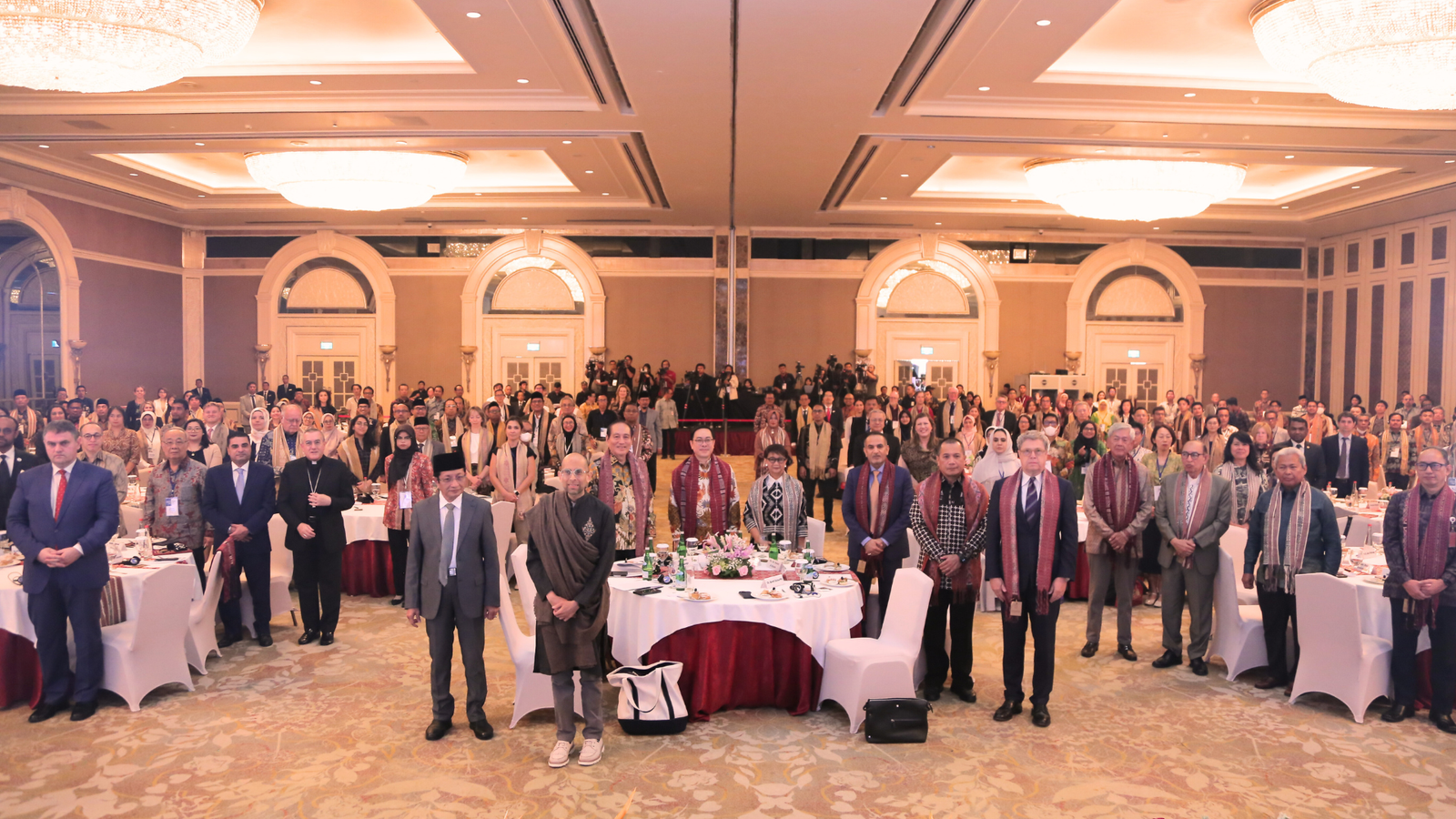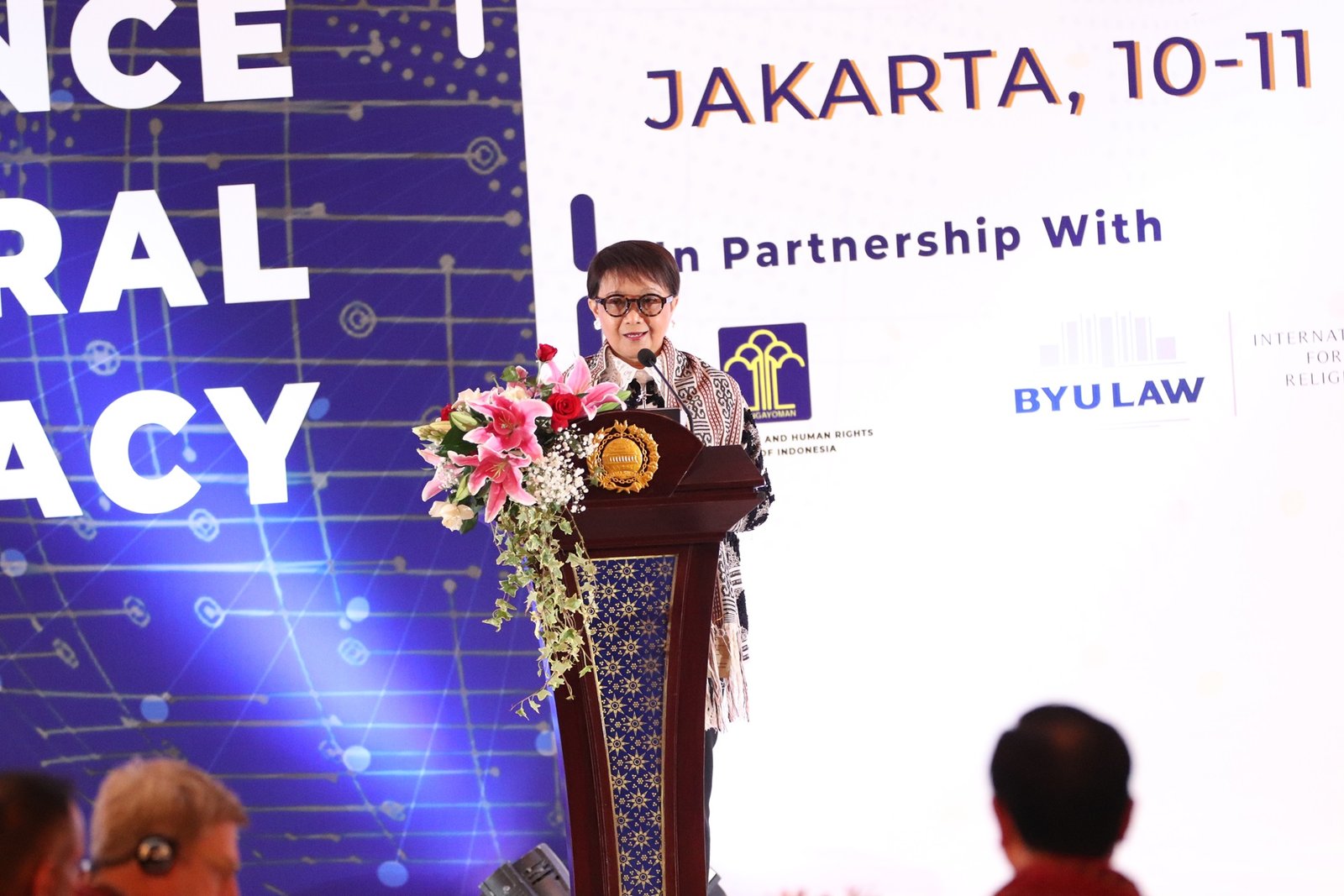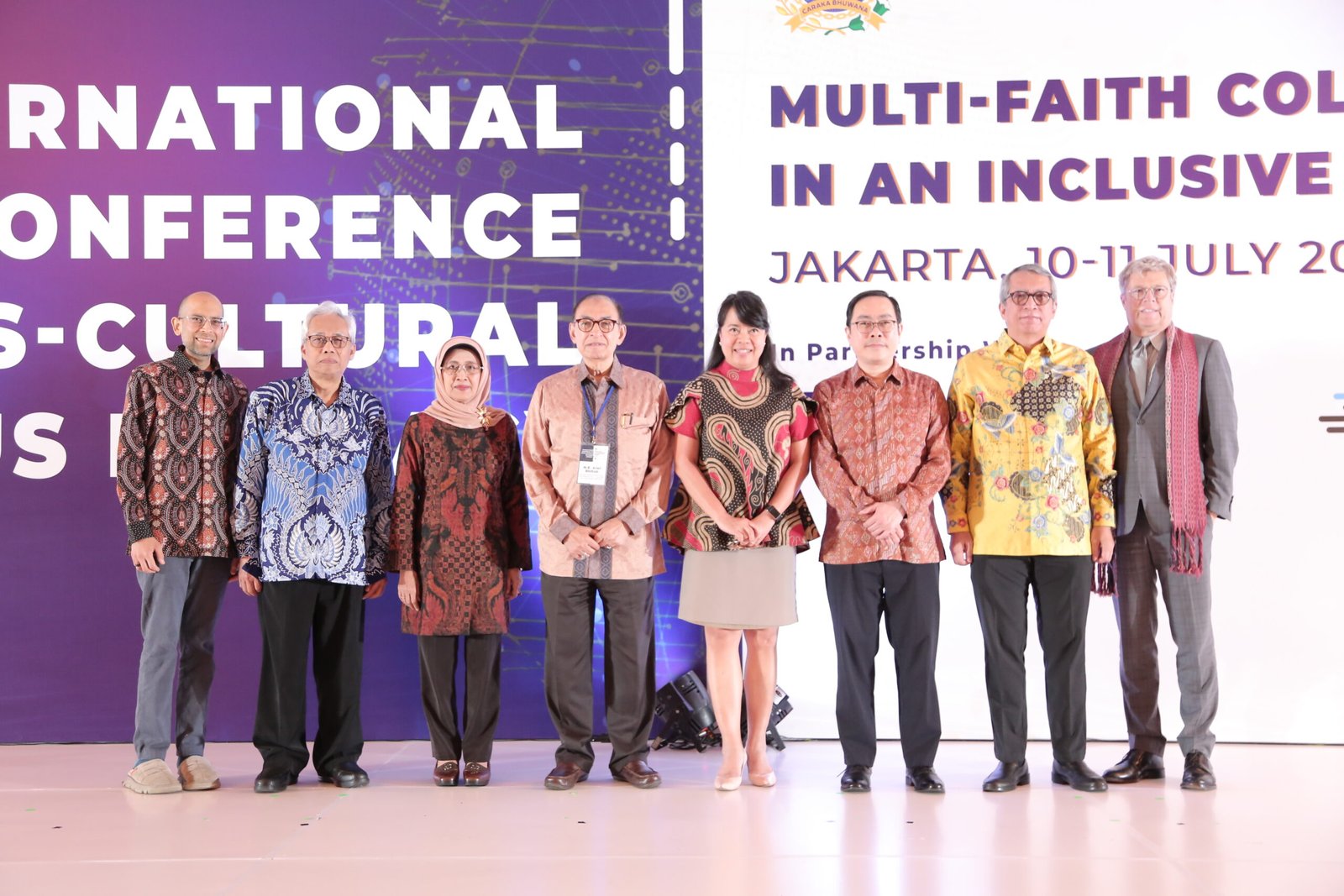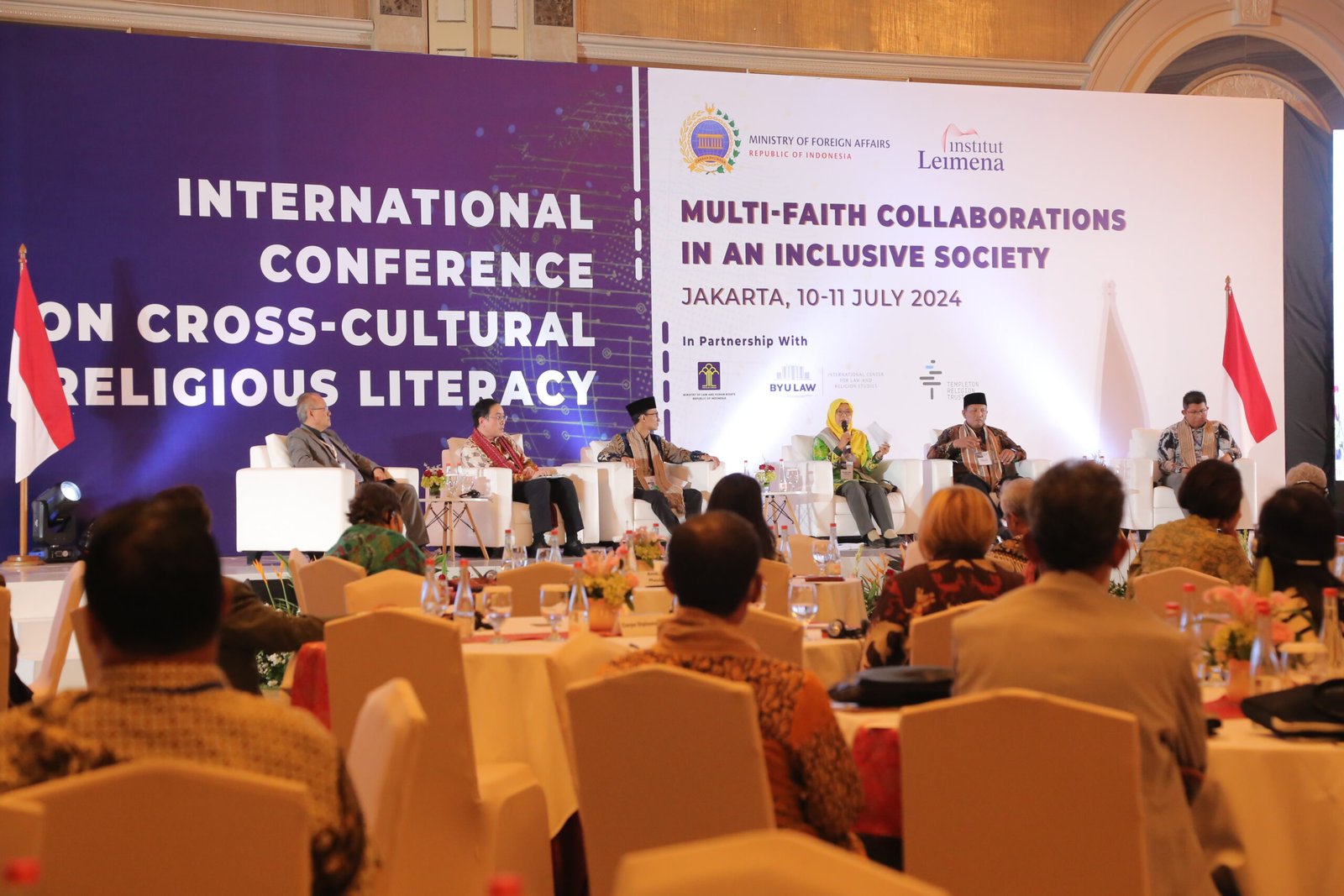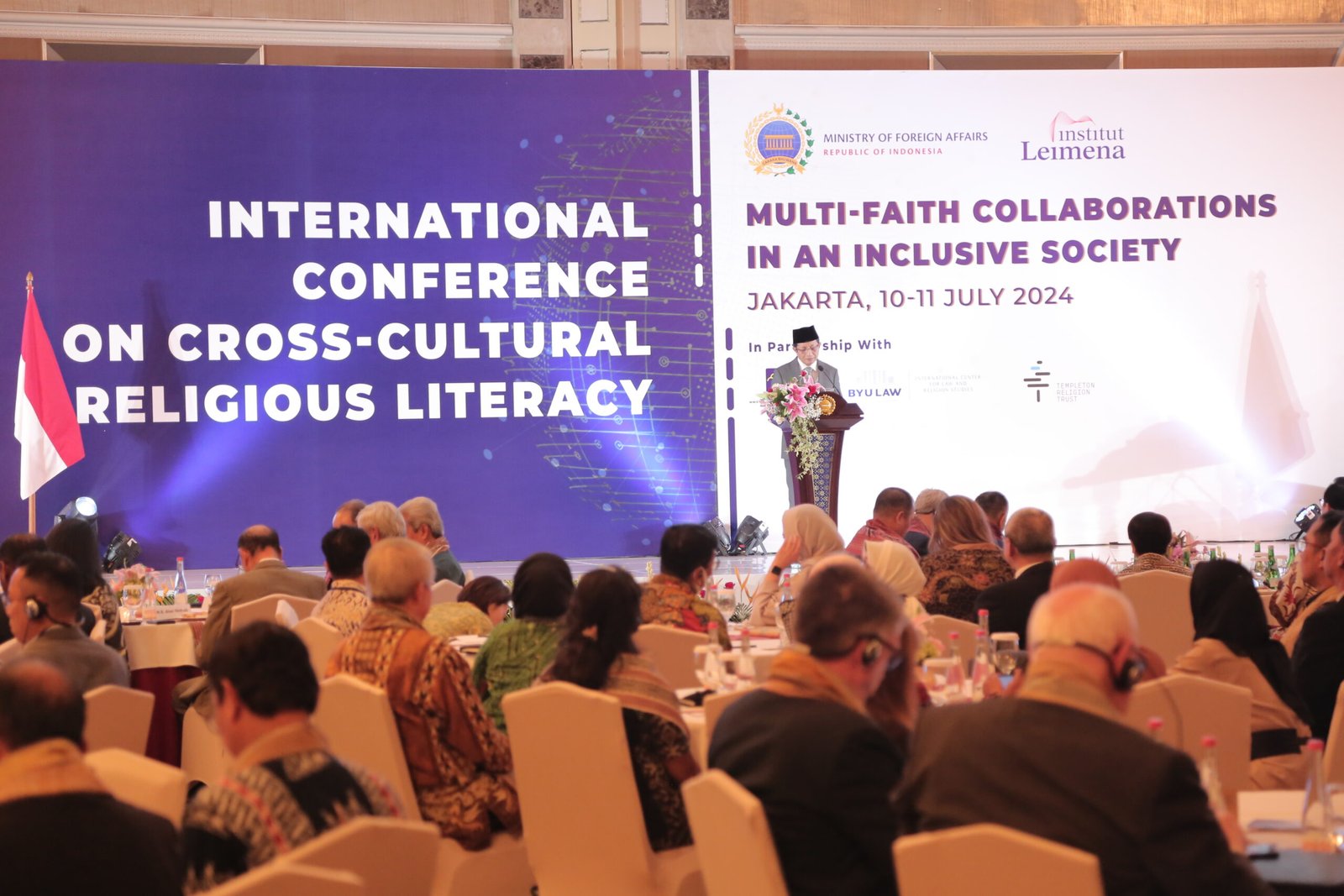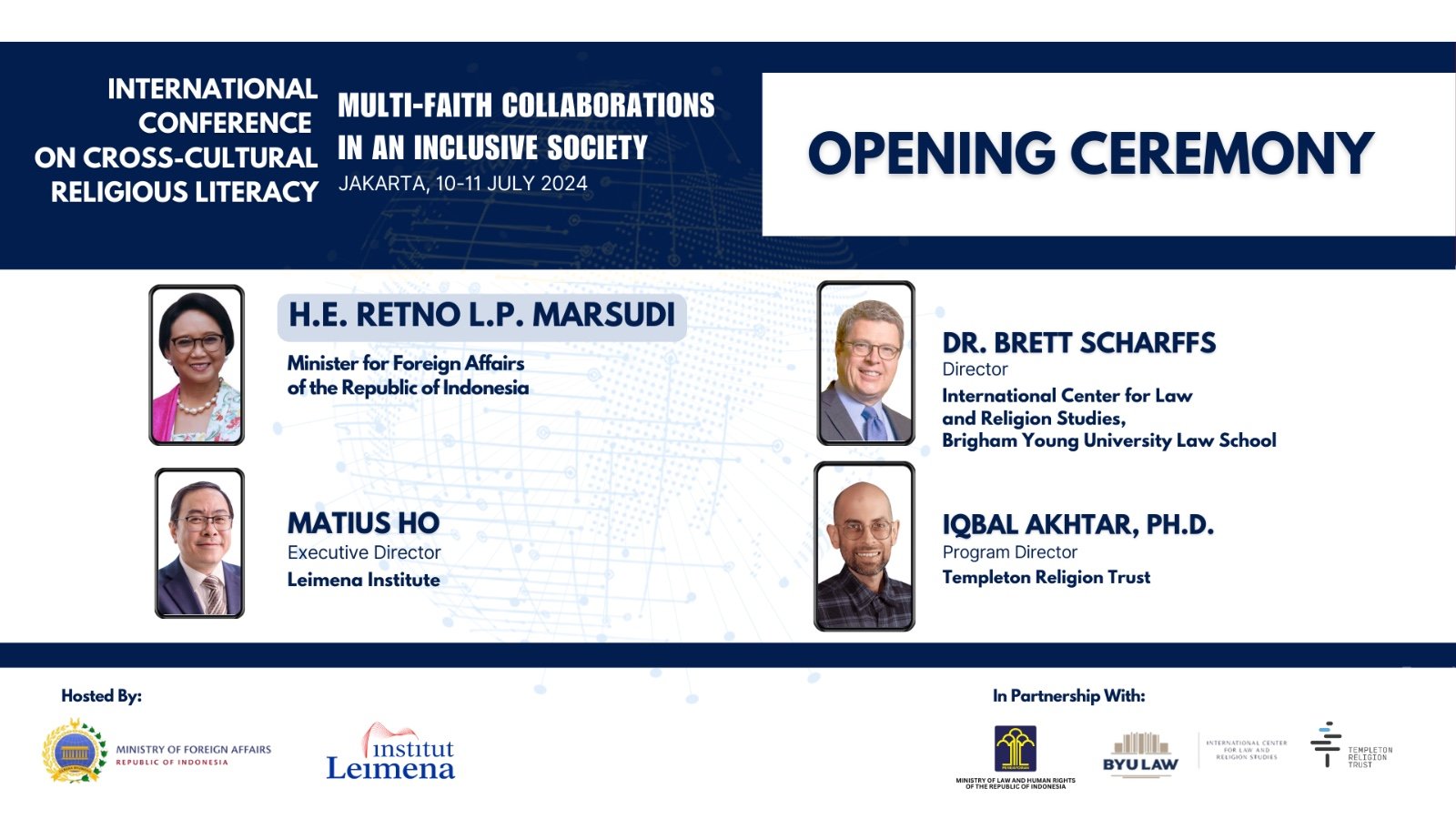Notable Speakers
Onsite Participants
Online Participants
Country
Journalists or Reporters
Media Coverage
Notable Speakers
Onsite Participants
Online Participants
Country
Journalists or Reporters
Media Coverage
Background
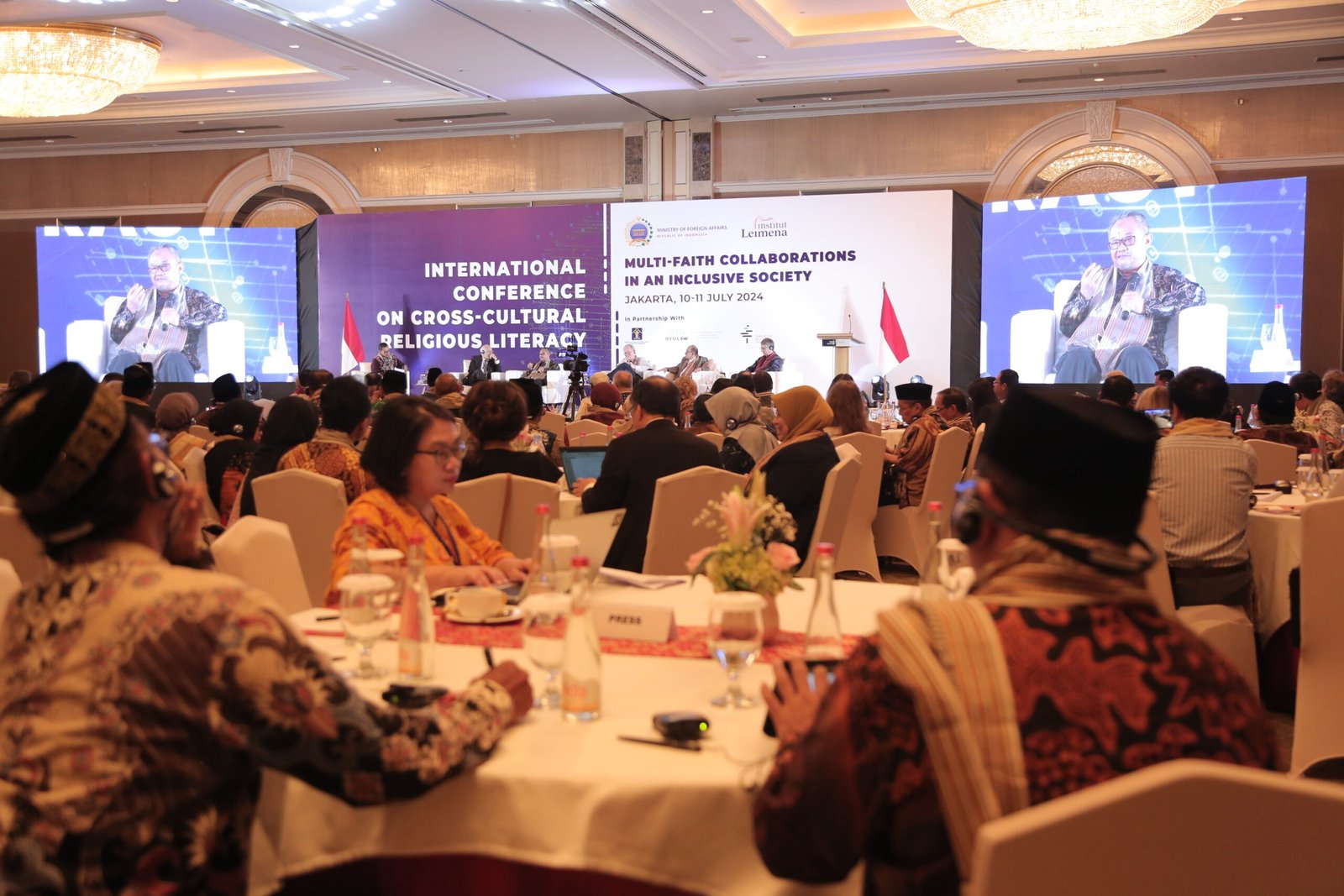
As the world is still recovering from the Covid-19 pandemic, multifaceted and multidimensional crisis continues to loom, presenting ever increasing challenges to the future of humanity.
Throughout human history, religion has been the source of moral and ethical principles that inspires and enables many individuals and societies to deal with various crises. However, repeatedly, religious differences have also become a source of tensions and conflicts. In this regard, faith-based organizations have been an important part of the civil society in dealing with the issues, especially those impacting the most vulnerable at the grassroot level.
Hence, there is a growing need for more multi-faith collaborations where people of different religions and faiths learn from one another and work together to address issues of common concern to humanity, while acknowledging and respecting differences between and within their religions and faiths. The richness of our plural society is a powerful asset if there is synergy between faith-based organizations and the government. The challenge is, as the UNESCO’s report on the future of education stated that the world appears increasingly divided and polarized.1 Therefore, the need for multi-faith collaborations is becoming more important than ever.
Show More
“Bhinneka Tunggal Ika” which means “unity in diversity”, Indonesia’s motto, embodies the long history and tradition of multi-faith harmony. Considering the increasing division and polarization as a threat to any diverse societies, the Indonesian government through its foreign policy seeks to strengthen the collaboration through interreligious and intercultural dialogue. Therefore, the Ministry of Foreign Affairs of the Republic of Indonesia and the Leimena Institute will co-host this conference to discuss this important topic with leaders and scholars from various countries.
The conference will look at multi-faith collaborations for an inclusive society from different cultural perspectives. How such collaborations can help promote and protect human rights, achieve sustainable development, and address challenges regionally and globally. The importance of multi-faith collaboration in a diverse society is becoming more evident through the Cross-Cultural Religious Literacy program in Indonesia that has trained more than 7.000 teachers nationwide since late 2021 on the competencies to build peaceful interfaith relations and collaborations.
The conference will discuss the role of cross-cultural interreligious dialogue and multi-faith collaboration in global citizenship. It will also discuss more specifically the role of education, including initiatives such as the Cross-Cultural Religious Literacy, in fostering collaboration between people of different religions and beliefs based on mutual respect, in light of Universal Declaration of Human Rights.
In addition, the Vienna Declaration and Programme of Action stated that education should promote understanding, tolerance, peace and friendly relations between the nations and all racial or religious groups.
The conference will also discuss how Cross-Cultural Religious Literacy and similar initiatives in the Southeast Asian region can support the vision of ASEAN as an inclusive community that respects political, social, religious, cultural and ethnic differences. It will also bring into conversation the perspectives and experiences of interfaith activities and initiatives from around the world.
Agenda
Opening Ceremony
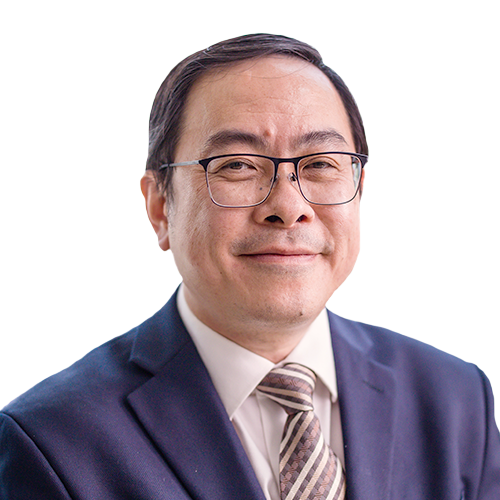
Matius Ho
Welcome Remarks

Brett Scharffs
Formal Greetings

Iqbal Akhtar
Formal Greetings
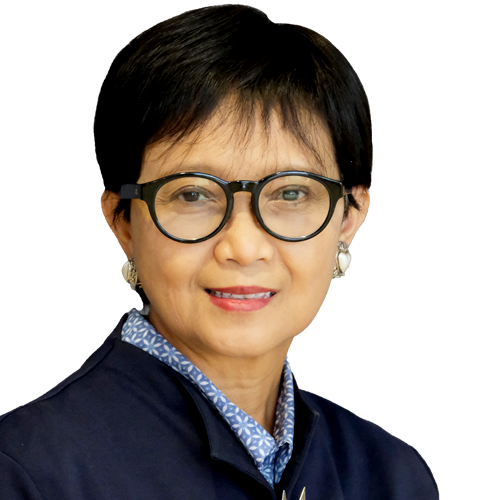
Retno L.P. Marsudi
Keynote Address
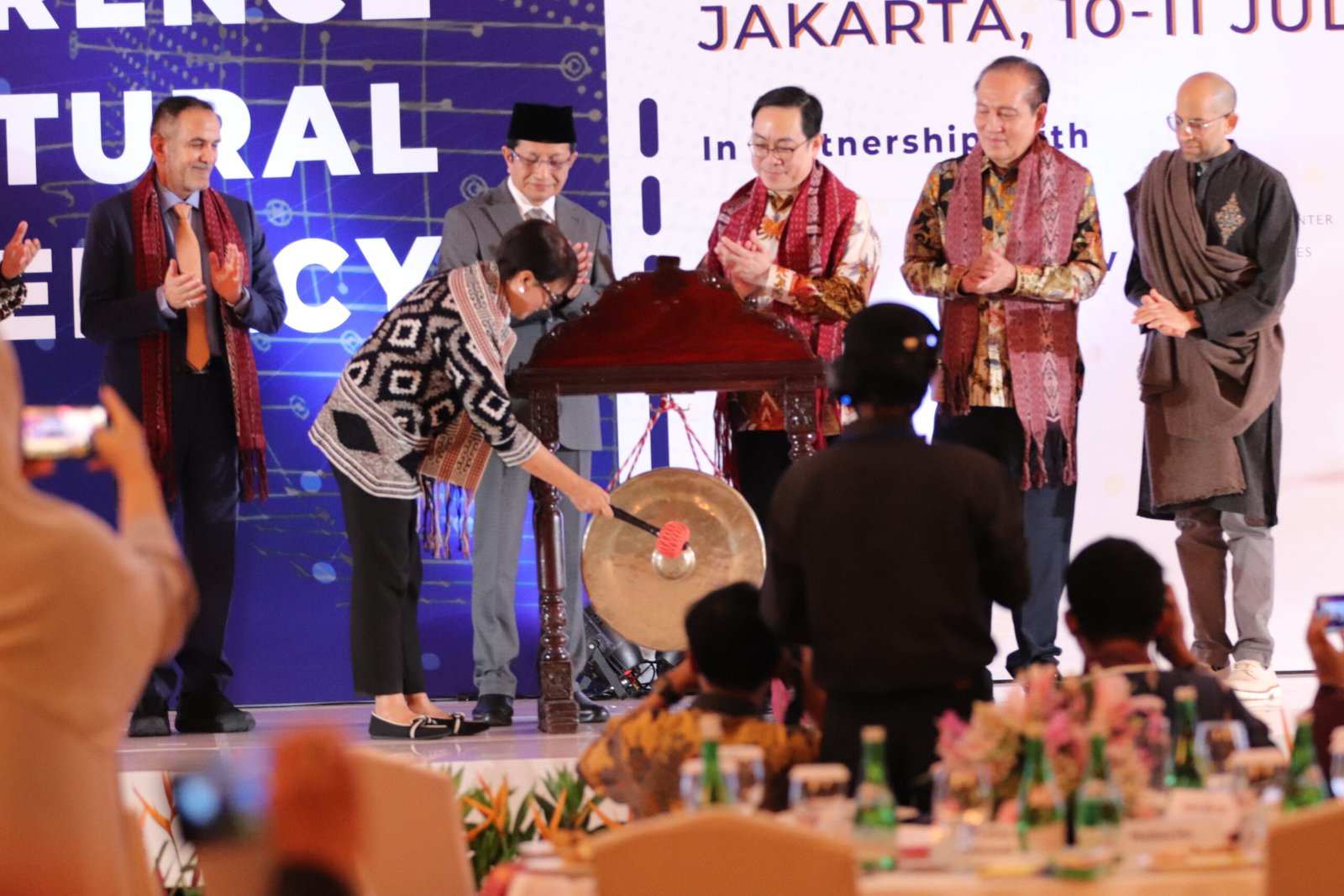
Panel 1
The Roles of Cross-Cultural Interreligious Dialogue and Multi-Faith Collaboration in Global Citizenship

Alexander Rieger
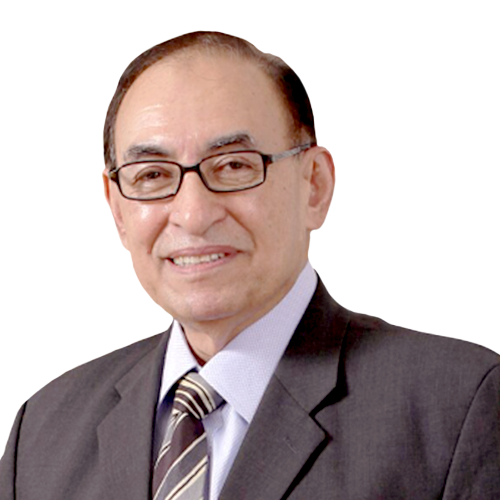
Alwi Shihab

W. Cole Durham, Jr.

Abdul Mu’ti
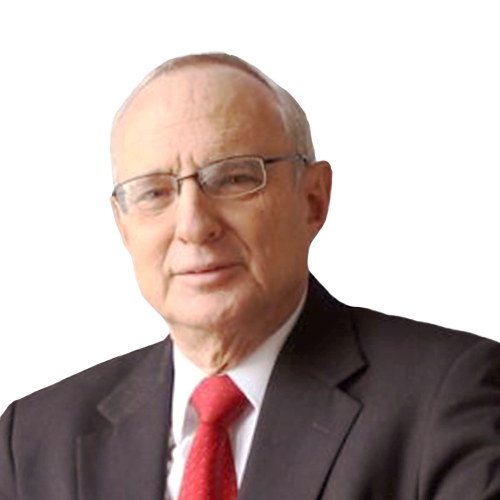
David Saperstein
Focusing on the importance of cross-cultural interreligious dialogue and multi-faith collaboration in international relations and their roles in fostering global citizenship in one’s own country and in strengthening global cooperation to address growing xenophobia and polarizations in the world.
Panel 2
Promoting Multi-Faith Collaboration through Education
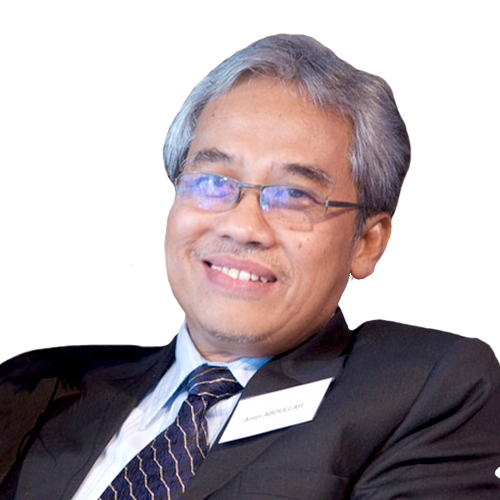
M. Amin Abdullah

Didik Darmanto
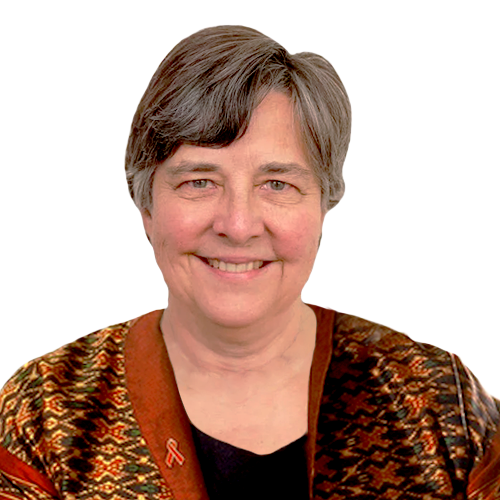
Katherine Marshall

Renee Hattar
Focusing on the critical role of education in promoting inclusive and peaceful coexistence and collaboration in a multi-faith society through religious literacy that can build mutual respect and understanding between people of different religions and beliefs.
Panel 3
Human Dignity as the Common Ground for a Collaborative Multi-Faith Society
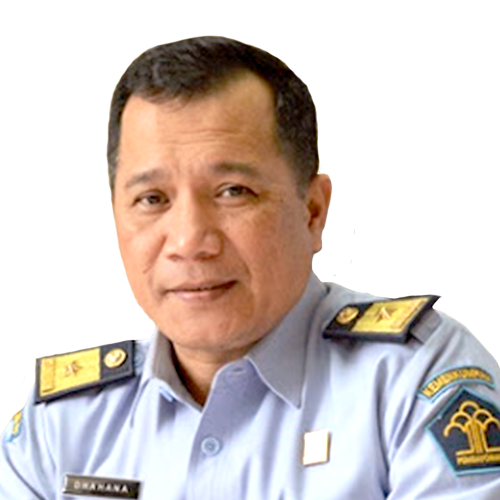
Dhahana Putra

Brett Scharffs
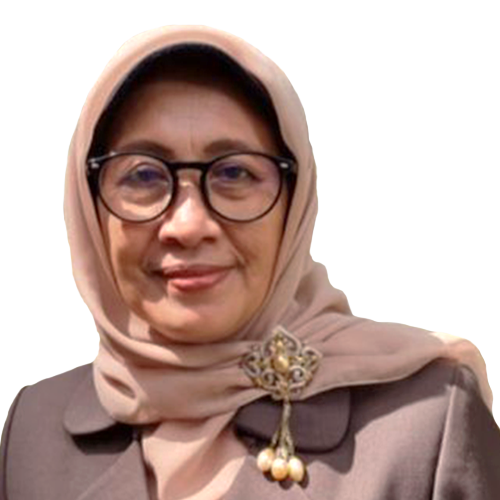
Siti Ruhaini Dzuhayatin
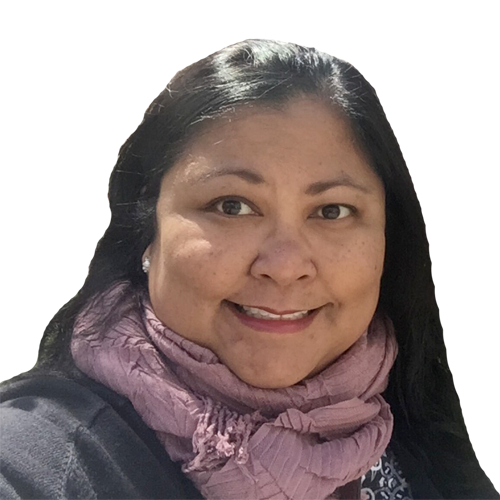
Jaimee Neel
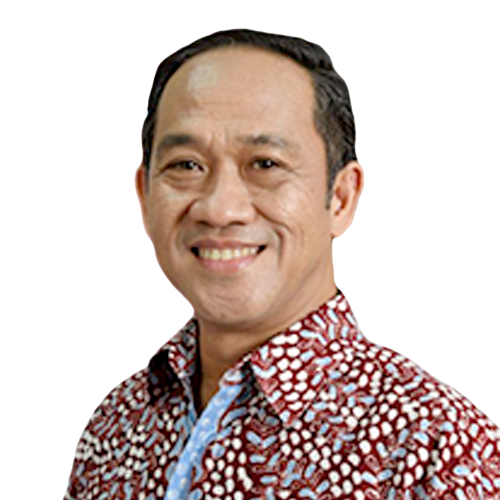
Achsanul Habib
Focusing on the understanding of human dignity as the common ground for people of all religions and beliefs to work together in respecting, promoting, and protecting human rights for everyone in an inclusive society; and how a cross-cultural religious literacy approach can advance such understanding.
Cross-Cultural Religious Literacy: An Indonesian Experience
Reception
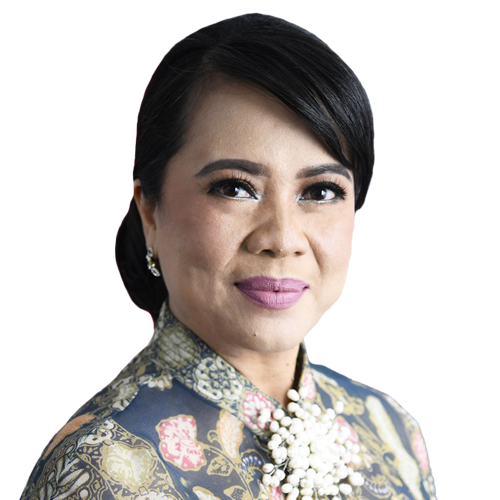
Siti Nugraha Mauludiah
Welcoming Remarks
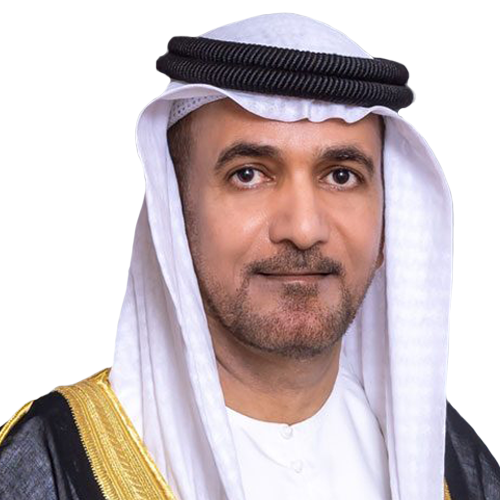
Khalid Al Ghaith
Special Remarks
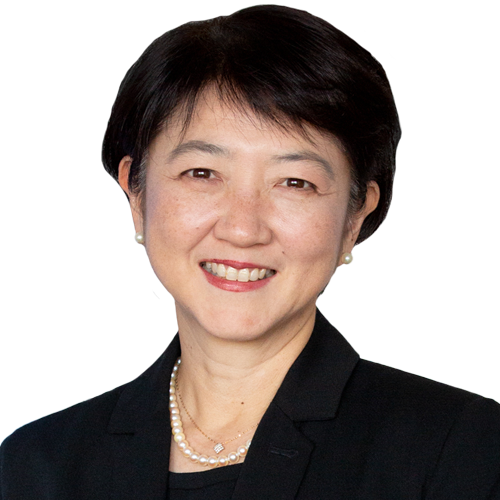
Maki Katsuno-Hayashikawa
Special Remarks

Yasonna H. Laoly
Ministerial Remarks
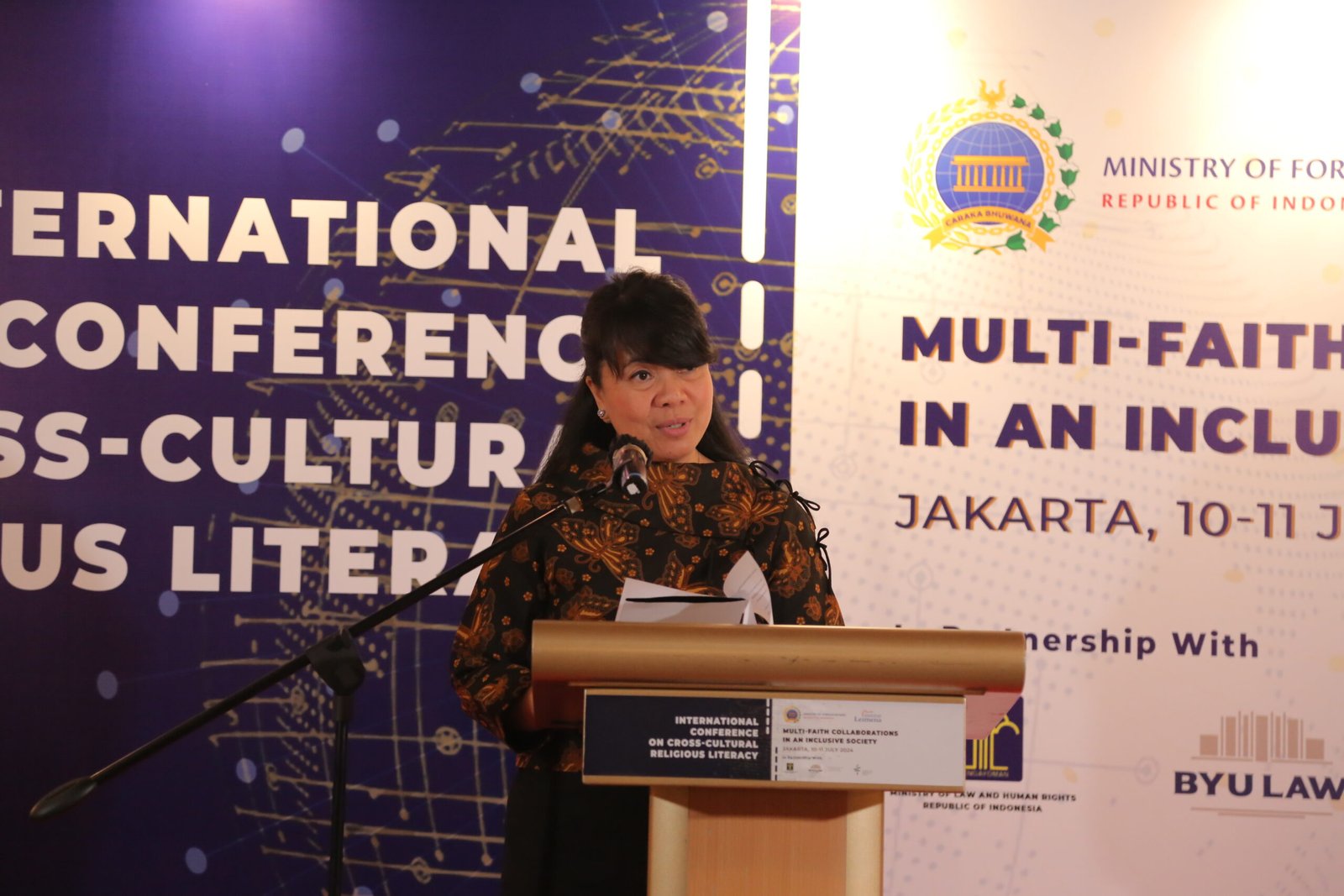
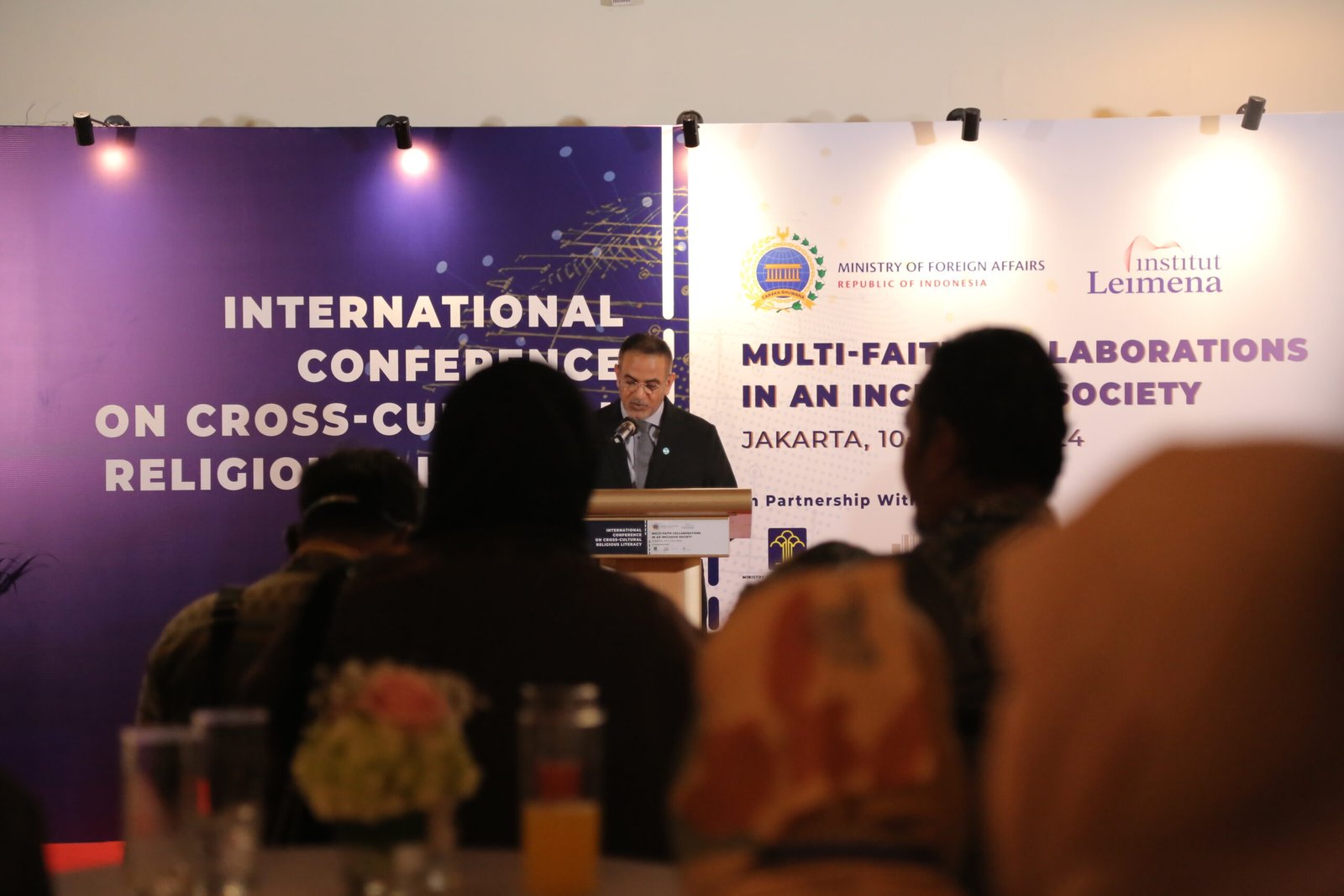
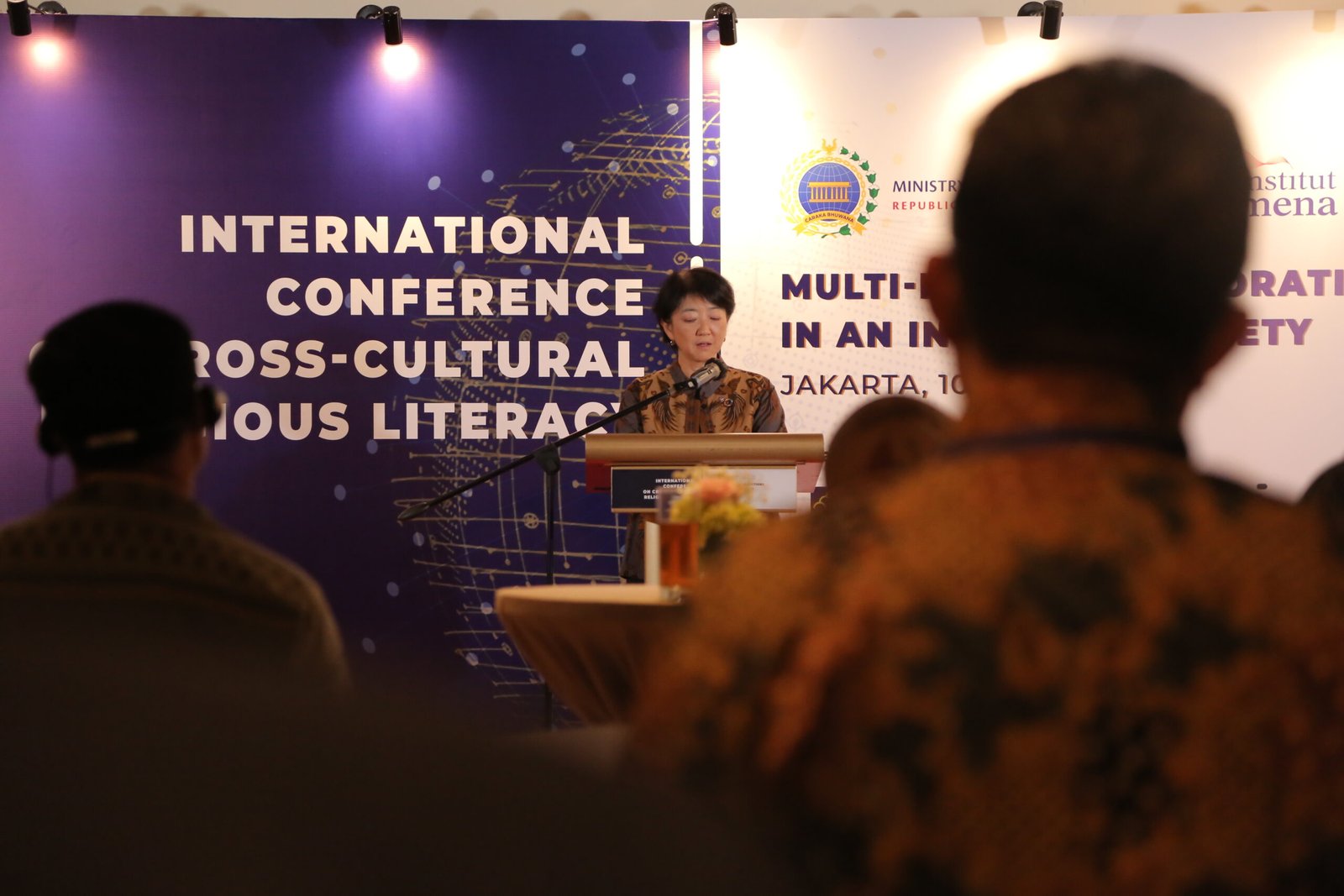
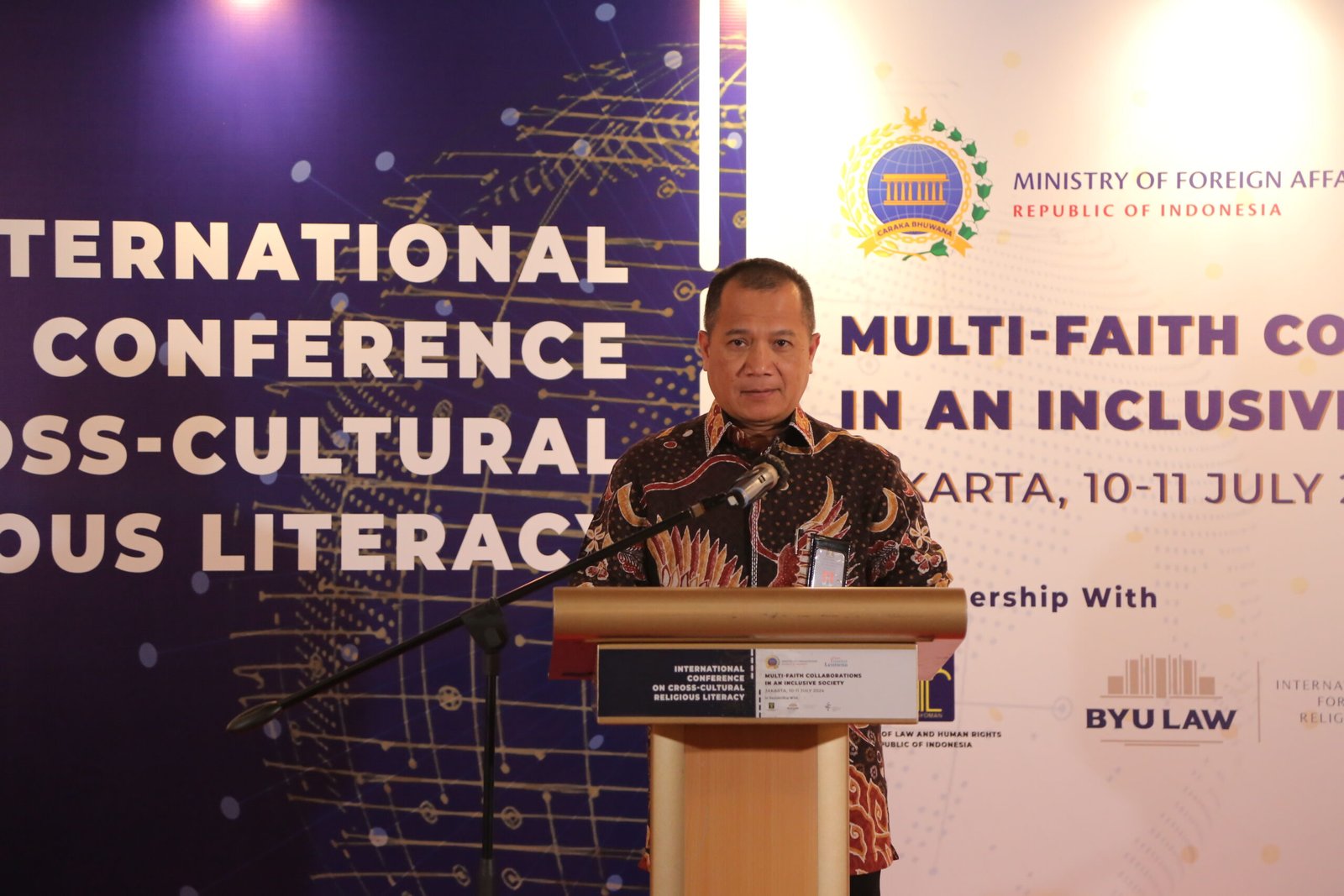
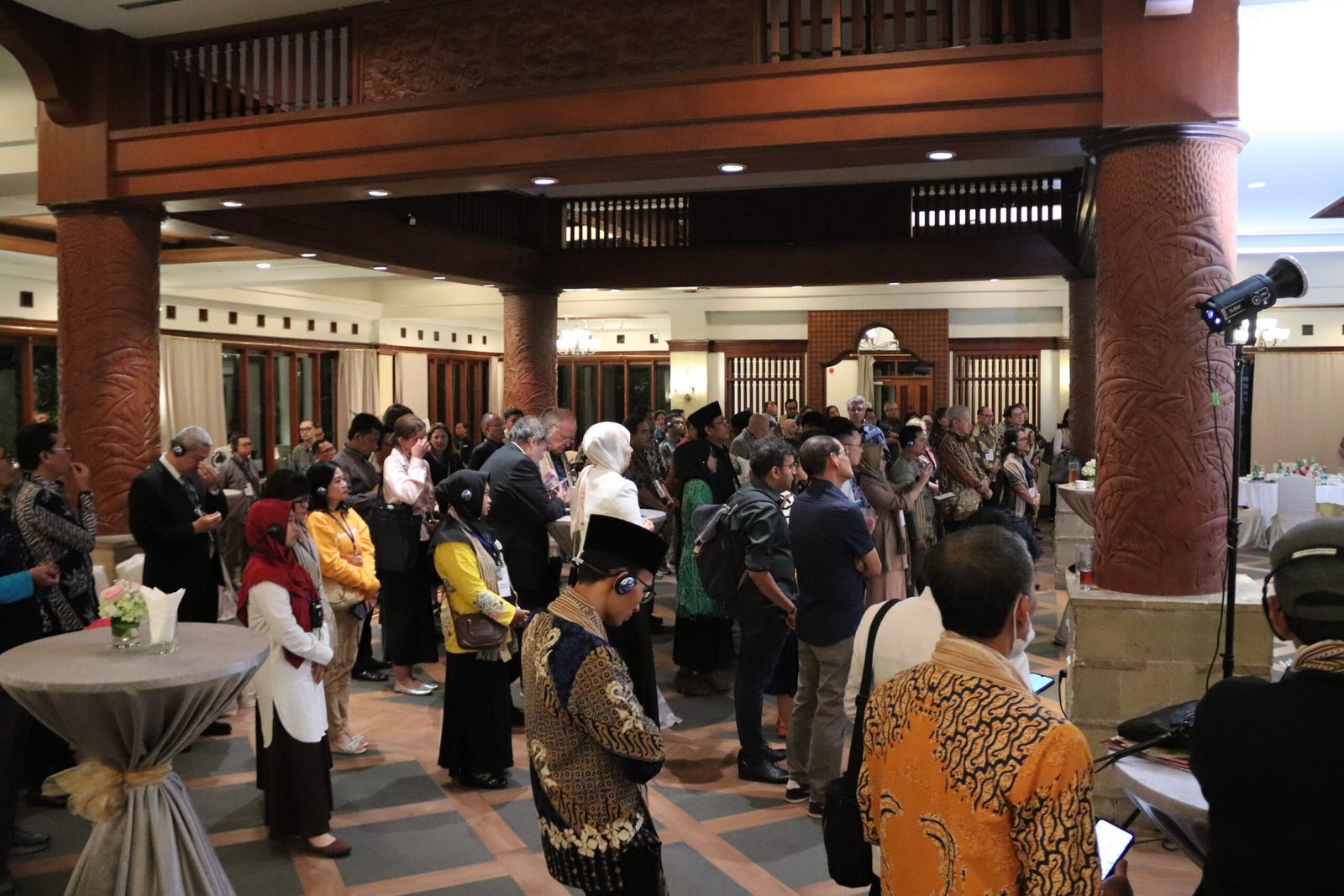
Panel 4
Cross-Cultural Religious Literacy for an Inclusive and Cohesive ASEAN Community
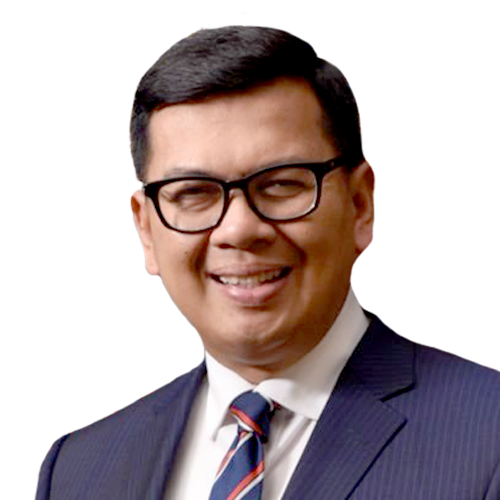
Yayan Ganda Hayat Mulyana

Bounthavy Phonethasine
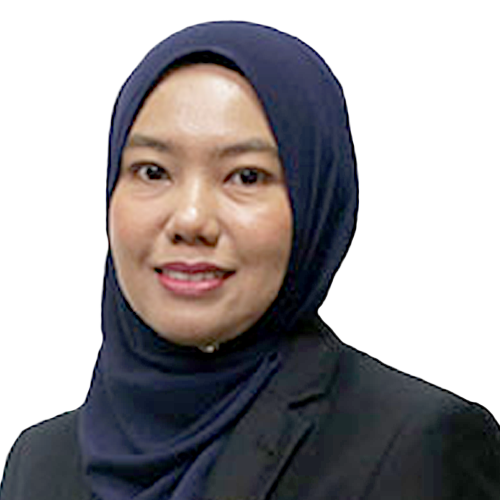
Zarina Binti Zakaria
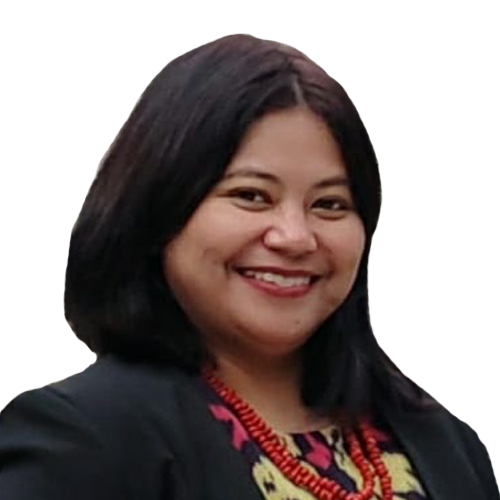
Monica Ari Wijayanti

Yuyun Wahyuningrum
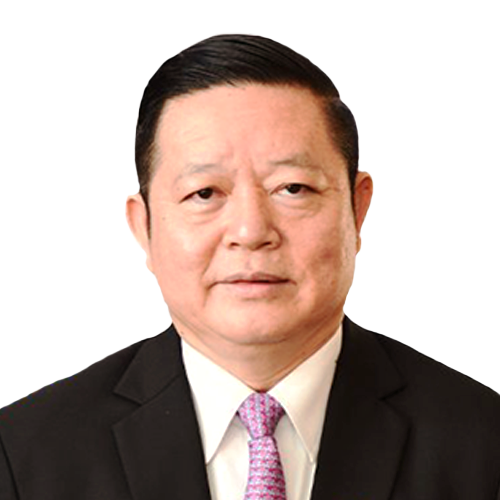
Kao Kim Hourn
Focusing on the opportunities and challenges for a cross-cultural religious literacy approach in the ASEAN Community that can foster multi-faith and multi-ethnic cooperation to maintain and enhance peace, security and stability, to strengthen peace-oriented values in the region, and to promote a common ASEAN identity.
Panel 5
Roles of Faith-based Organizations in Multi-Faith Collaboration to Address Global Challenges
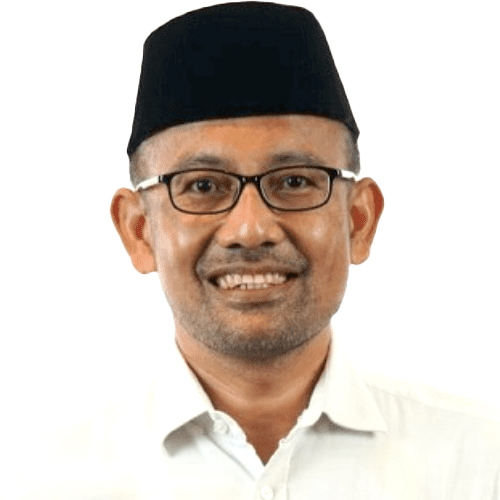
Akhmad Muzakki

Nadine Maenza
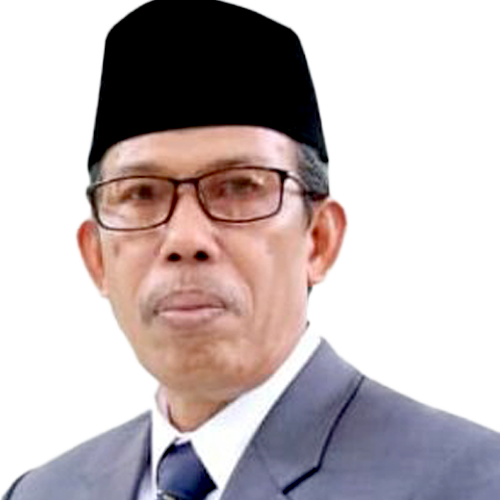
Lukman Thahir
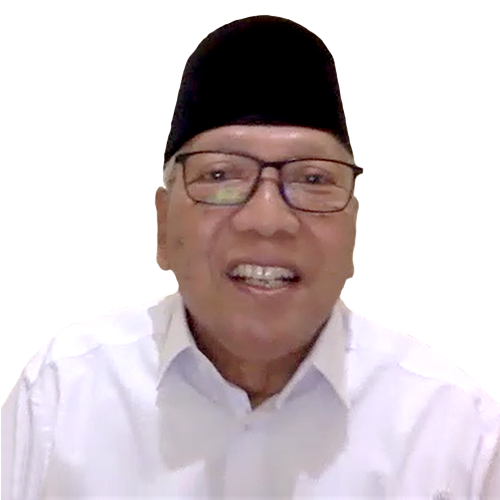
Abdul Halim Mahfudz

Peter Mandaville
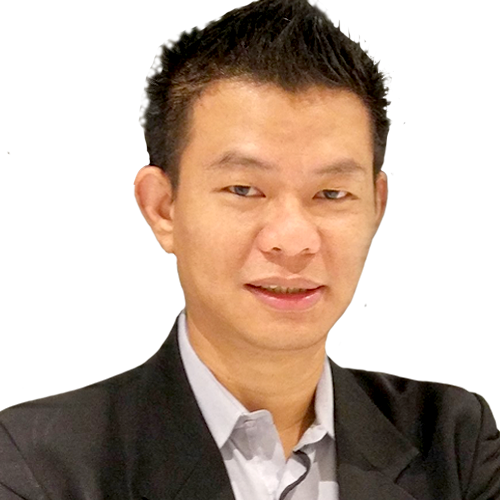
Hendra Lim
Focusing on the roles of faith-based organizations to address various issues through religious engagement in communities, their importance and whether and how they can be further integrated into national and international efforts to strengthen an inclusive society amidst the religious and cultural diversity.
Breakout Sessions
Breakout Sessions A
- Cross-Cultural Interreligious Dialogue and Multi- Faith Collaboration Practices in International Relations
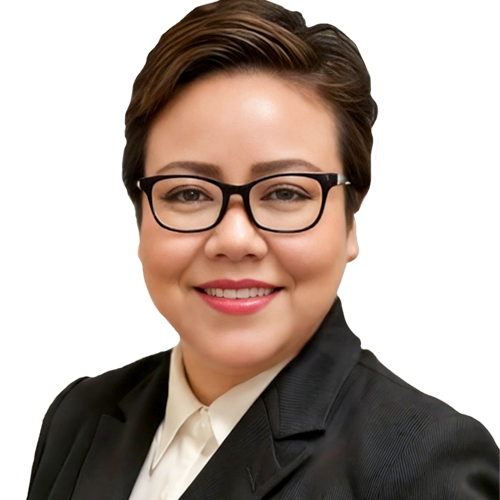
Ani Nigeriawati
Speaker

Alexander Rieger
Speaker
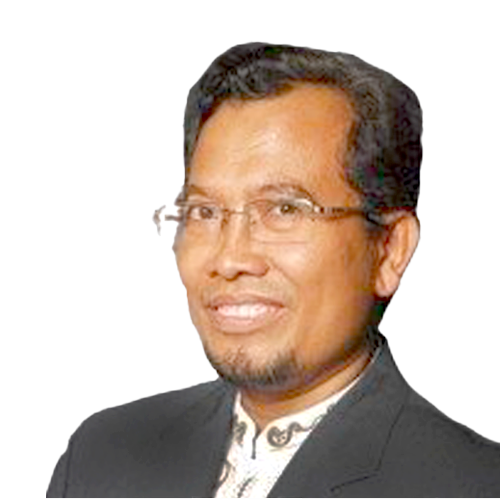
Muhbib Abdul Wahab
Moderator
2. Training of Teachers to Strengthen an Inclusive Society: Lessons from Jordan

Renee Hattar
Speaker

Jasminto
Moderator
3. Religion and Rule of Law Training to Strengthen an Inclusive Society: Lessons from Vietnam
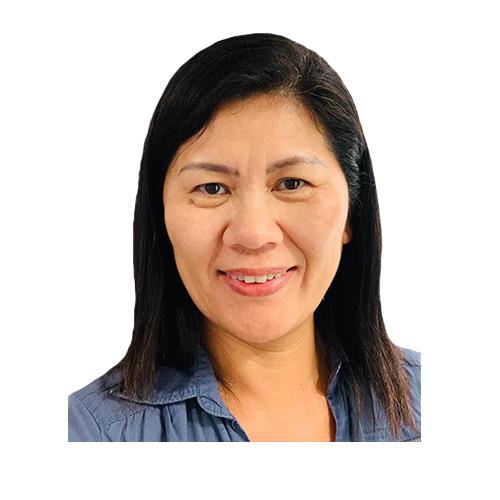
Hien Vu
Speaker

Hannah Smith
Speaker

Muhammad Hafiz
Moderator
4. Combating Human Trafficking Through Education

Kevin Hyland
Speaker
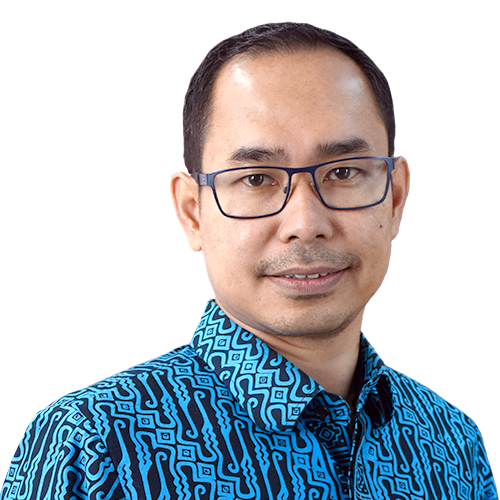
Judha Nugraha
Speaker

Siti Ruhaini Dzuhayatin
Speaker

Andar Nubowo
Moderator
5. Cross-Cultural Religious Literacy in the ASEAN Community

Achsanul Habib
Moderator
Breakout Sessions B
- Multi-faith Collaboration to Protect and Promote Human Rights in Indonesia

Harniati
Speaker

Muhammad Hafiz
Moderator
2. Women’s Leadership in Multi-faith Collaboration
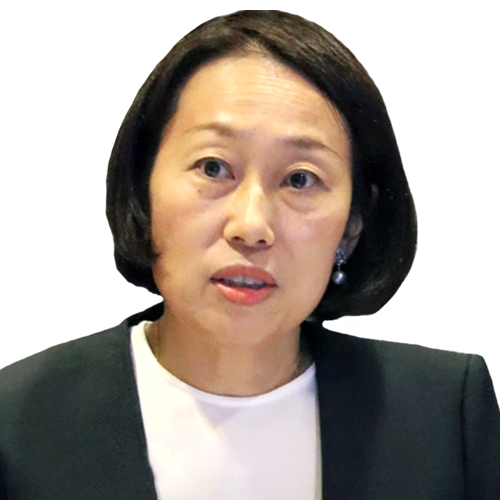
Maho Nakayama
Speaker
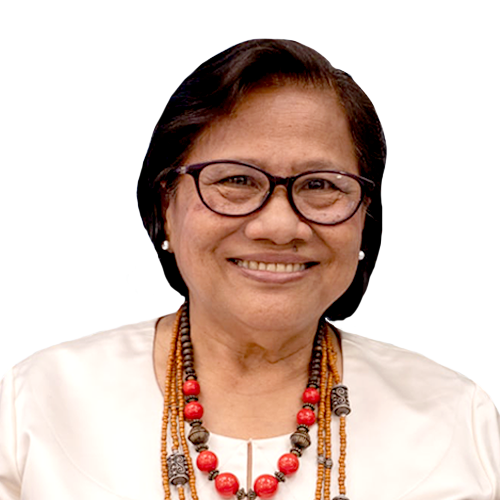
Henriette T. Hutabarat-Lebang
Speaker
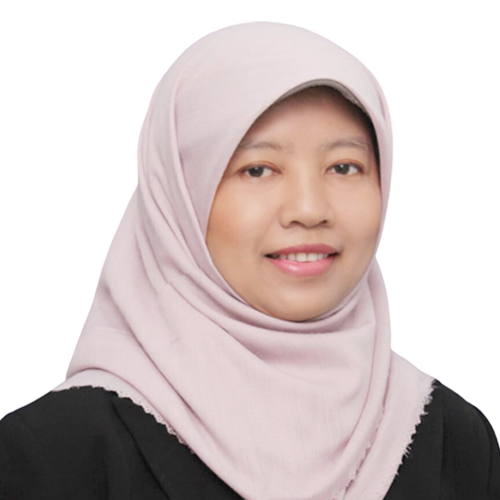
Siti Nurul Azkiyah
Moderator
3. Education to Foster Peaceful Coexistence and Cooperation in a Plural Society
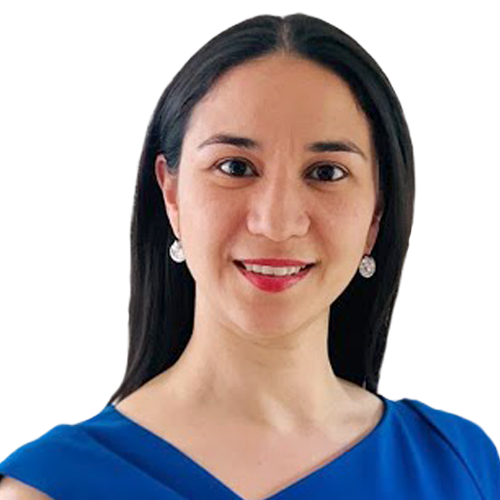
Maria Lucia Uribe
Speaker

Tina Ramirez
Speaker
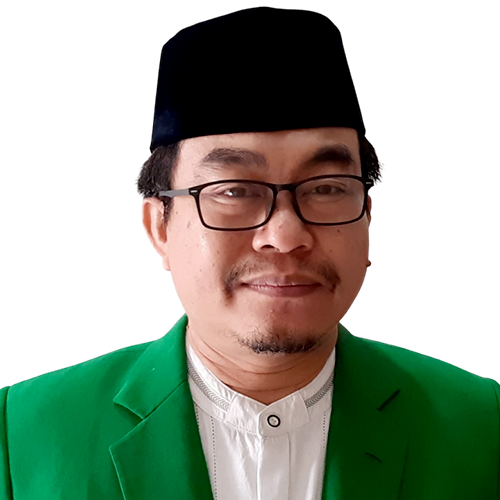
Ishaq Shamad
Moderator
4. Promoting Equal and Inclusive Citizenship: Experiences from Around the World

Nadine Maenza
Speaker
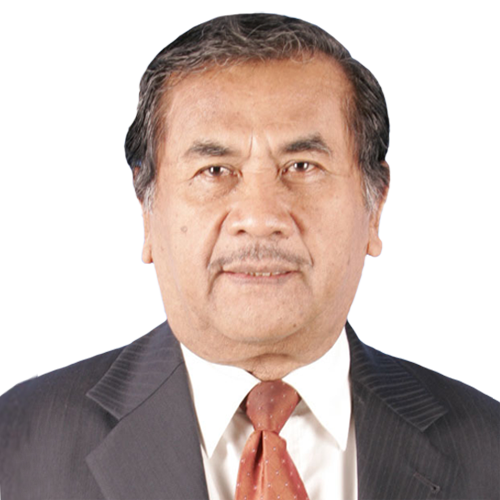
Maruarar Siahaan
Speaker

Bayu Hendro Wicaksono
Moderator
5. Cross-Cultural Religious Literacy in the ASEAN Community

Achsanul Habib
Moderator

